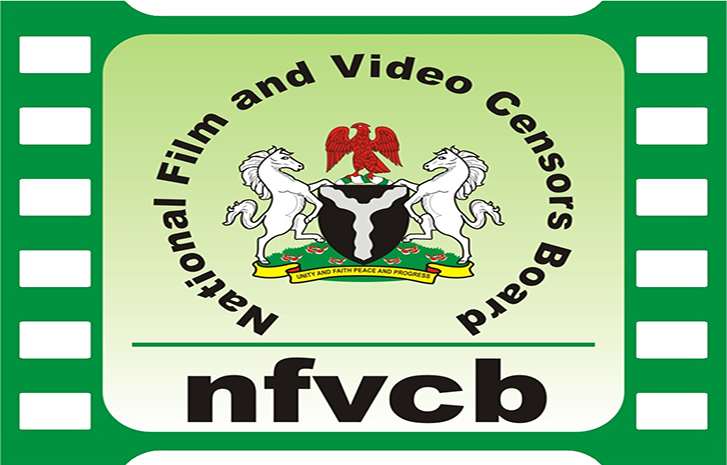Mr Gbolahan Latona, Head of Legal and Prosecution of EFCC, has called for a review of the legal framework of National Film and Video Censors Board (NFVCB) to adequately address emerging trends in the digital age.

News Agency of Nigeria (NAN) reports that he made the call while delivering a lecture at a capacity building workshop for members of staff of the NFVCB South-West Zone in Ikeja, Lagos.
Stakeholders from the academia and industry practitioners held sessions to train participants at the event that held from April 26 to April 27, with the theme: “Film and Video Works in the New Horizon.”
Latona, who spoke on the topic: “Enforcement and Compliance Protocol”, noted that after 25 years of its establishment, NFVCB needed new legislation to enable it effectively handle emerging issues in the motion picture industry.
“There was nothing like Social Media in 1993 when the law establishing the board was made, so it needs new laws to address the realities of the digital age.
“A regulatory agency like the NFVCB, which is a specialised one, needs to device new strategies to handle the 21 century realities in film and video classifications.
“Its current laws have become long overdue; there is urgent need to overhaul its legislation to clearly define its identity and functions to reflect modern challenges and global best practices,” he said.
Latona said that the Nigeria movie industry had evolved to become a global brand, which had created jobs for many Nigerians.
He therefore stress the need for regulatory framework that would properly address classification challenges in Nigeria and keep pace with global trends.
Apart from production, he identifed distribution and exhibition of films and video works, as well as adequate sanctions for offenders as some areas that needed new set of regulatory procedures.
“In this digital age, somebody can produce a video here and transmit it online to another country, so there must be a legislation to handle that.
“Legislations must serve as deterrent to stop would-be offenders to achieve its purpose.
“How can you issue a fine of N5,000 on someone who is making millions of naira, honestly that is grossly inadequate,” he said.
Earlier, Mr Adedayo Thomas, the Executive Director of the NFVCB, explained that the empowerment programme was part of effort by the board to reposition itself for efficient service delivery.
He added that the board, under his watch was keying into the Ease-of –Doing-Business mantra of President Muhammadu Buhari-led Federal Government.
“The NFVCB is serving the largest film industry in Africa, therefore its workforce needs training and re-training, and am committed to doing just that.
“This workshop is designed to be held in the six geo-political zones for our officers across the 36 states.
“In doing the censorship, licensing and classification job, every member of staff of the board needs good human and public relation skills, and we have relevant experts here to address that as well,” he said.
Mrs Uju Emagha, the Acting Zonal Cordinator (South-West) of NFVCB, said: “ This capacity building workshop is timely and will surely make our officers more productive.
“I can’t remember when this was done in the history of the board, so am very grateful that that it is taking place, and first in my zone, ‘’ she said.
NAN reports that the NFVCB, established in 1993, is a Federal Government body that regulates the films and video industry in Nigeria.
The board is empowered by law to classify all films and videos, whether imported or produced locally.
It is also the duty of the board to register all films and videos outlets across the country, as well as keep a register of such registered outlets, among other functions.
(NAN)

